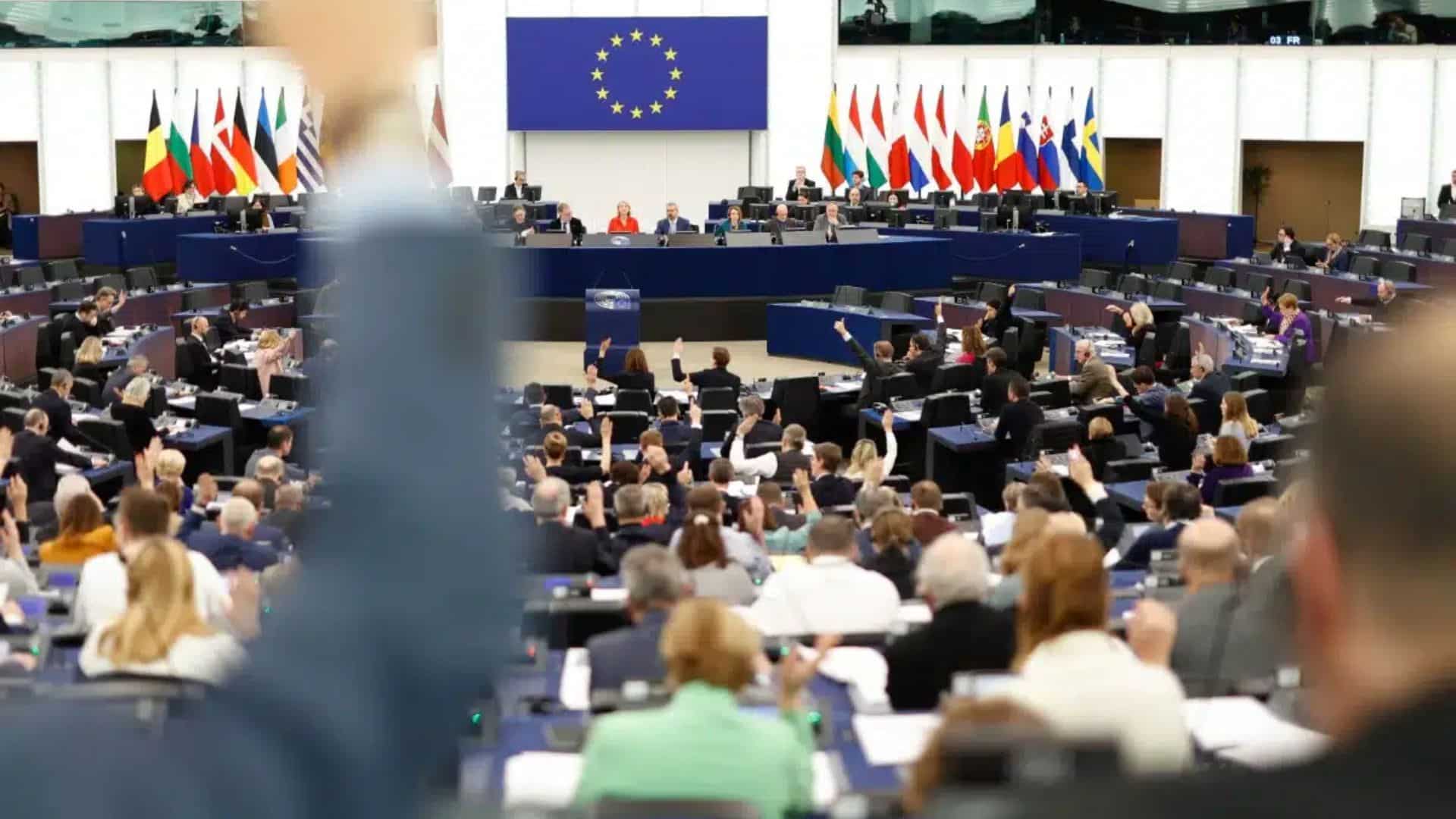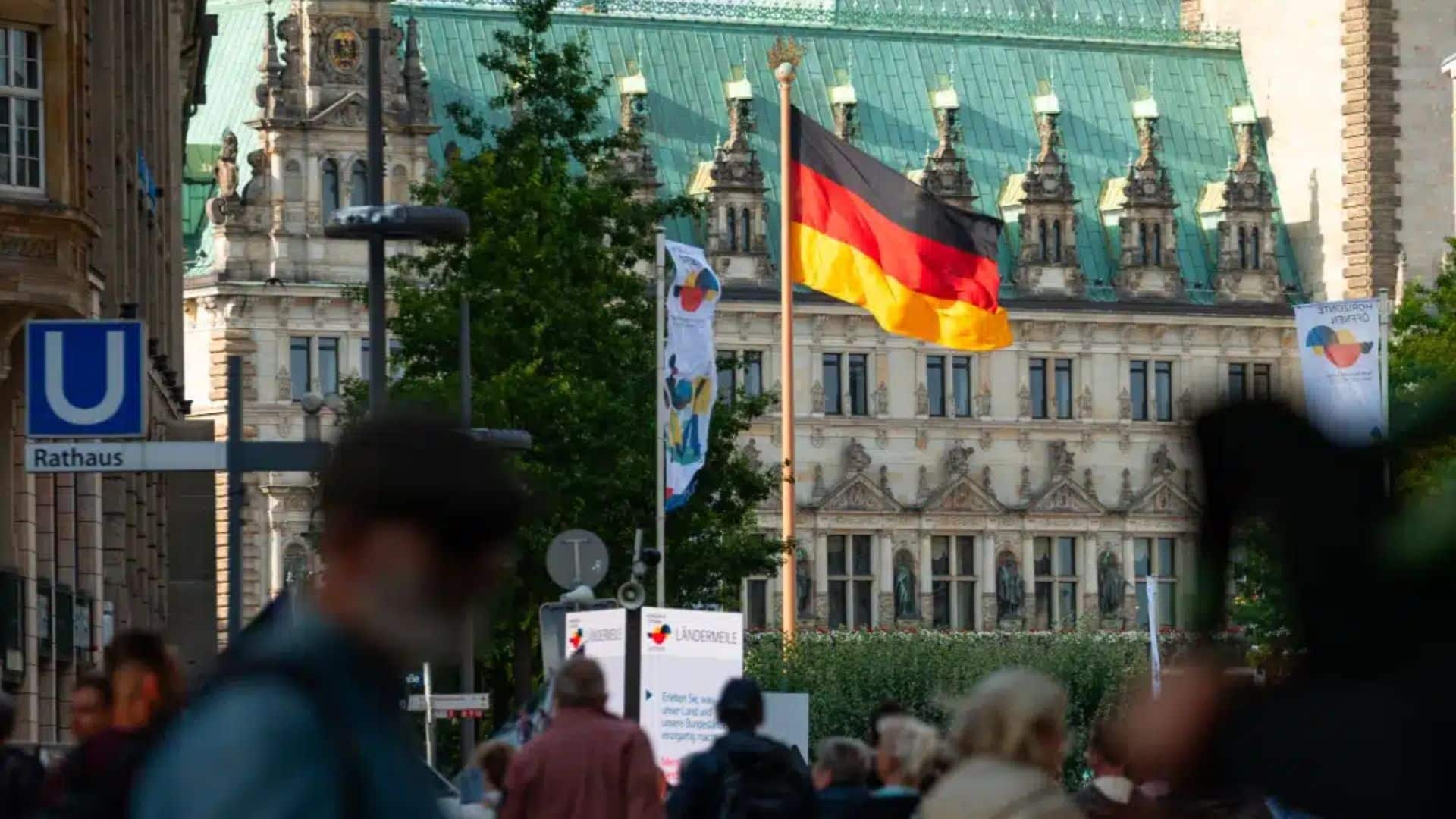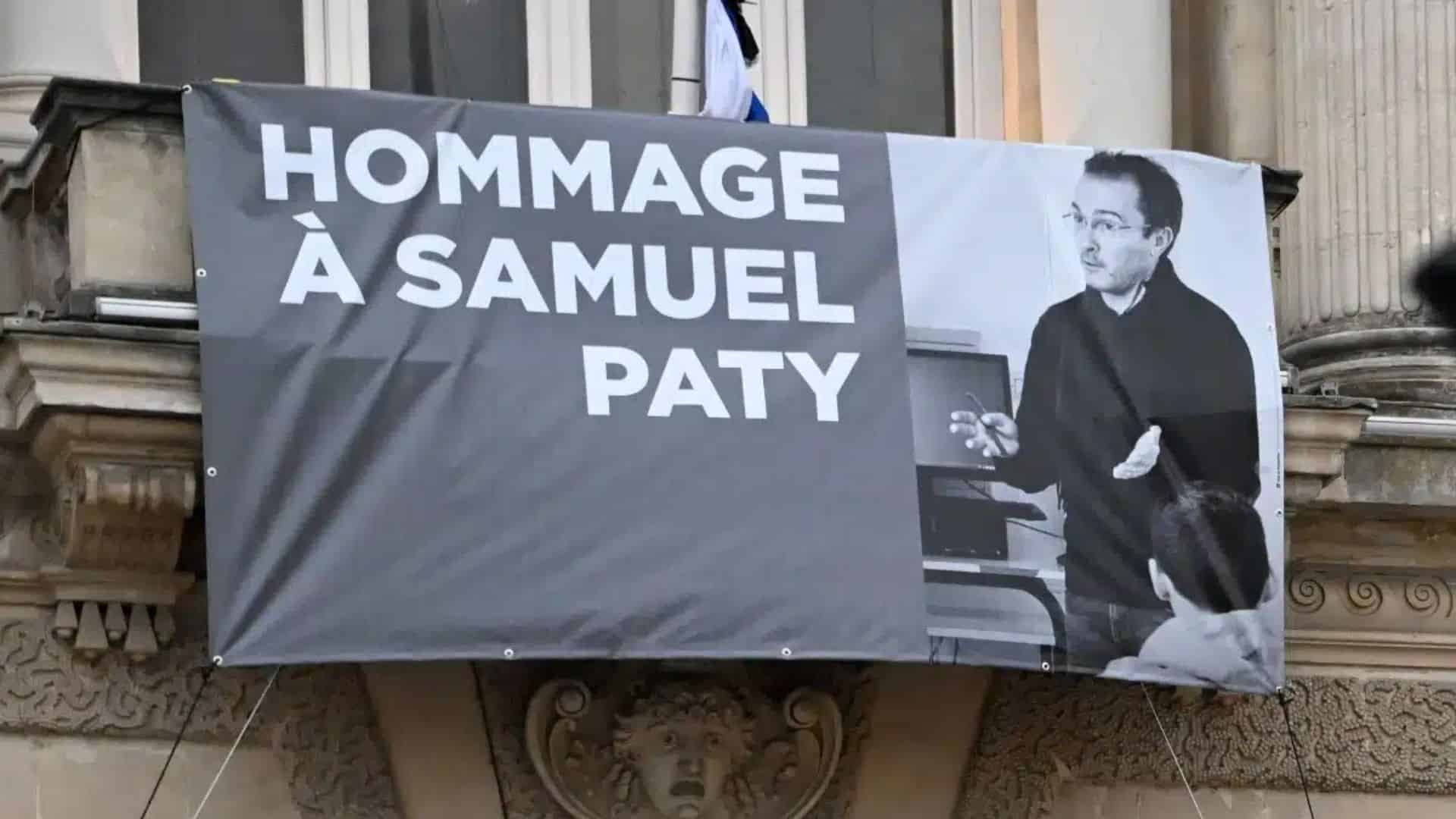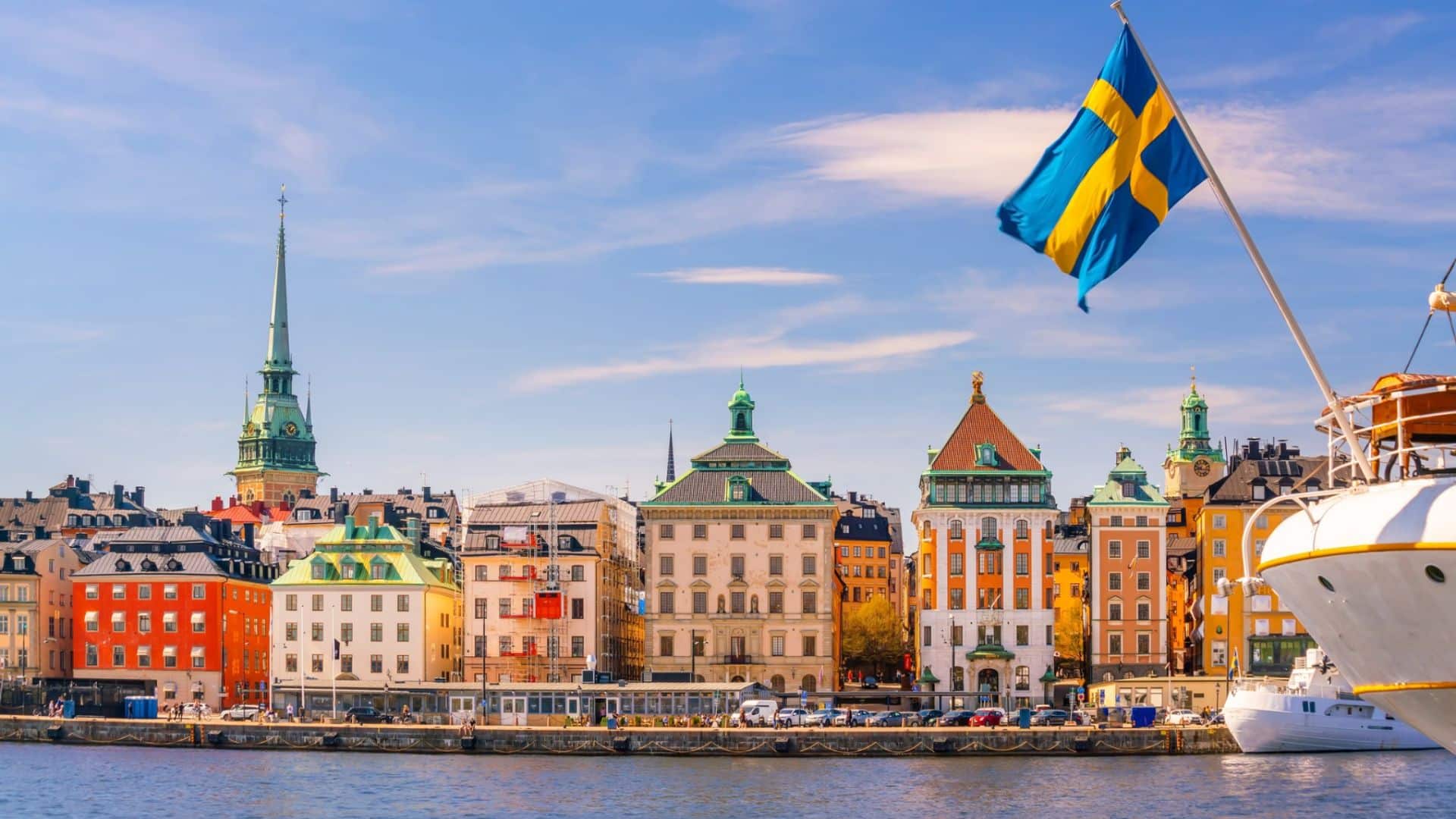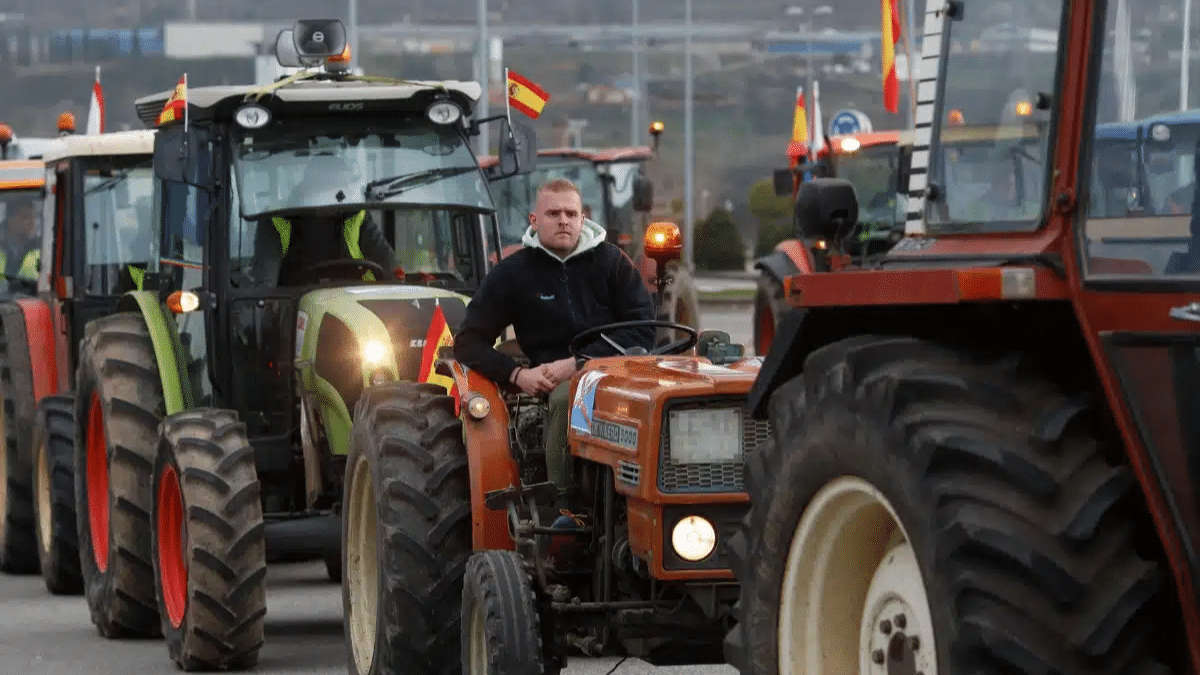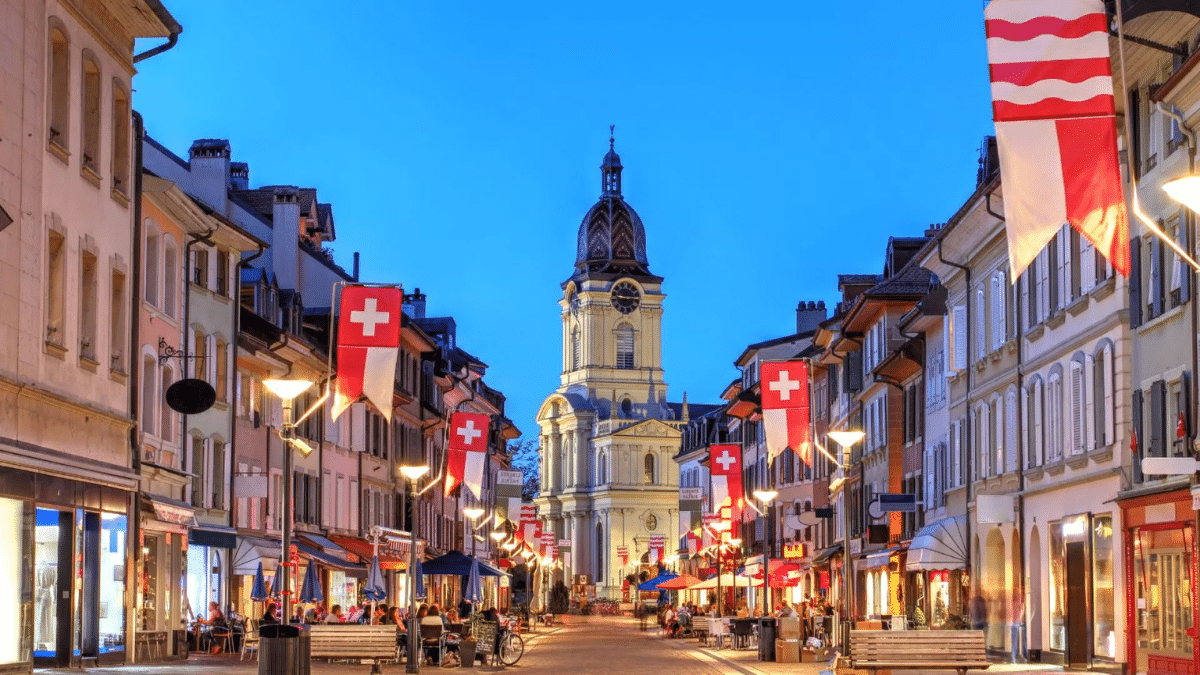
Greek protests: farmers say reducing electricity costs not enough
Greek farmers are escalating their demands for improved working conditions, mirroring their counterparts across Europe. The visual spectacle outside Greece’s parliament on Tuesday featured scores of brightly colored tractors, their horns blaring, as thousands of farmers rallied against the soaring production costs that have been plaguing their livelihoods. Banners adorned with messages like “Without us, you don’t eat” underscored the gravity of their concerns, while some farmers resorted to symbolic gestures, carrying mock coffins and funeral garlands to symbolize the dire state of their profession.
These Greek farmers, sharing grievances akin to those voiced in other European nations, have been staging sporadic blockades along highways and in rural towns for weeks, drawing attention to the economic challenges they face. Compounding their struggles, many farmers in central Greece are still grappling with the aftermath of major floods that struck the region last year.
The center-right government has expressed empathy for the farmers’ plight but cites budgetary constraints as a hindrance to meeting all their demands. Thus far, the government has offered substantial reductions in electricity costs, but the protesters contend that this falls short of addressing their multifaceted concerns.
Protesters are calling for a comprehensive set of measures, including tax-free fuel, debt forgiveness, safeguards against foreign competition, and expedited compensation for damage resulting from natural disasters. Frustration also stems from the significant markup in shelf prices compared to the earnings wholesalers provide to farmers for their produce.
Manolis Liakis, a farmer from the southern island of Crete, emphasized the disparity in fuel costs, revealing that farmers pay more than three times as much for petrol compared to shipping companies due to tax differentials. He highlighted the unsustainable situation where farmers are compelled to sell their products at meager prices, while consumers bear the brunt of exorbitant retail prices.
Prime Minister Kyriakos Mitsotakis, in a television interview on Monday, conveyed his inability to support additional tax breaks and concessions. However, he expressed a willingness to continue discussions with the protesting farmers. In a display of solidarity, hundreds of students joined the farmers, protesting the government’s plans to end the state monopoly on university education.
Initially considering blocking Tuesday’s protest, the government relented, deploying police to manage traffic diversions and closing off much of central Athens to motorists and public transport. The rally concluded peacefully, yet some farmers plan to maintain their presence outside parliament overnight, preparing to depart with their tractors on Wednesday as they persist in their pursuit of a more sustainable and supportive agricultural landscape.


